Alexandrine Parakeet (identified by Stuart Griffiths)
Since early December we have had occasional visits from a male Blackcap, which has taken Sunflower hearts and had a drink from various receptacles. I always assumed visiting winter Blackcaps originated in Germany, but more recent research has shown that some of these birds have travelled from Spain.
Blackcap
The Tuesday group caught up with East Park, but after a night of a heavy frost. An early highlight was a Ring-necked Parakeet, although sometimes it is now referred to as a Rose-Ringed Parakeet. It had an altercation with a crow, but then perched close to us in nice sunshine. The ice seemed to have prevented the sighting of either Little or Great Crested Grebe, or the Cormorant from last week. However, on the plus side the willows on the large island had been invaded by 14 Shoveler. We had a confiding view of the Gadwall, which displayed its usually hidden maroon-colour on its speculum. Then the peace was shattered when an icebreaker roared around the park creating water patches so the local schoolchildren weren’t tempted to skate in their lunch hour. Almost every bird flew away, although it also caused a Sparrowhawk to give a pleasing fly past.
On Wednesday strong winds and snow showers were forecast on the coast, so we switched to North Cave Wetlands. It was very cold and icy when we started. A confiding Goldcrest right beside Dryham Lane, and a couple of female Bullfinches and Siskins were an early highlight, plus several over confident Robins. We could vaguely see a distant Tawny Owl from the steps to Crosslands Hide. Then we walked round the silt pond, which held Redshank, Lapwings, Shelduck and Teal. For the first time in 20 years of visiting Symon spotted the perennially elusive Little Owl in a barn, which allowed itself to be photographed before spotting too many spectators and hiding itself.
Female Siskin
Song Thrush
Ditto
Tawny Owl (c) 2023 Symon Fraser
We then walked around the lakes and had a better view of the Tawny Owl, which resolutely looked firmly away from us. There were a few Redwings and Fieldfare, plus Reed Buntings and Meadow Pipits. Eric stayed in South Hide for a while, and noticed a pair of Stonechats in an unusual spot. In the afternoon we came across the pair on posts right next to the group.
Little Owl (c) 2023 Symon Fraser
Song Thrush, Redwing & Fieldfare
Redwing (c) 2023 Symon Fraser
ditto
ditto
Stonechat
Ditto
Female Stonechat
On Thursday the venue and route were repeated. There were fewer Wigeon. The Little Owl refused to show for either class, but the pm session missed it by less than a minute in some Oak Trees. The Stonechats were seen again in the morning in the same place as the previous afternoon, but they were missing after lunch. We had some closer views of Redwing on both sessions, and the Tawny Owl played ball again.
Redwing
Record Shot of Sparrowhawk
Friday was a final rerun of the same routes of the previous two days. The sightings were pretty similar, but with more Fieldfares down Dryham Lane. The ultra-confiding immature Moorhen was a bit of a surprise, although after lunch it spurned the sunflower seeds. A Red Kite lazily flapped over Carp Lake in a North-westerly direction. As we were walking along the perimeter of the Silt Ponds the birds in the new workings must have been disturbed by two walkers who were walking through the normally out-of bounds area, as we saw plenty of Shelduck and hundreds of smaller wildfowl leaving the site. Whooper Swans had been reported in the area, but they had departed by the time we reached the viewpoint. The Little Owl avoided the groups yet again, but the Tawny Owl was seen by every class member. The charming Stonechats were near the dragonfly ponds in the morning, and after lunch had hijacked the sheep for more rich food.
Immature Moorhen (c) 2023 Dave Hill




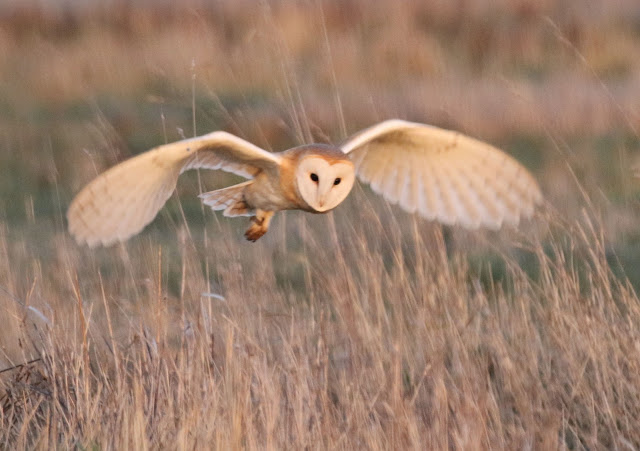














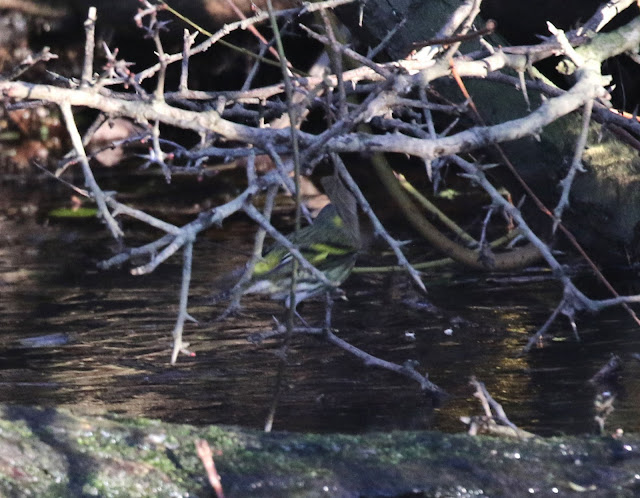





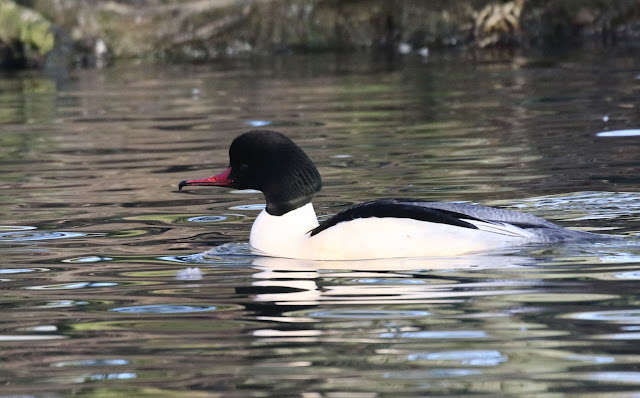








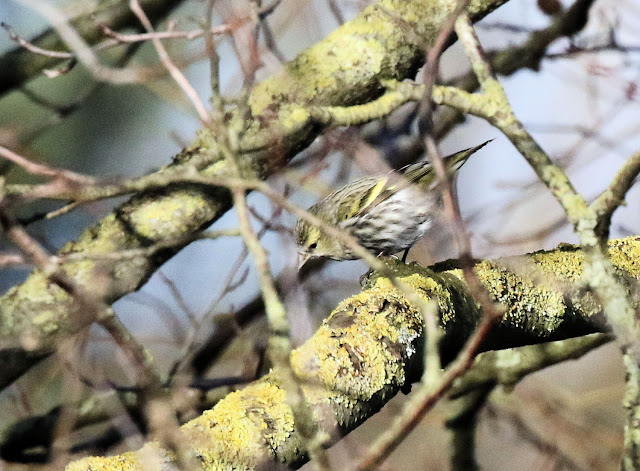


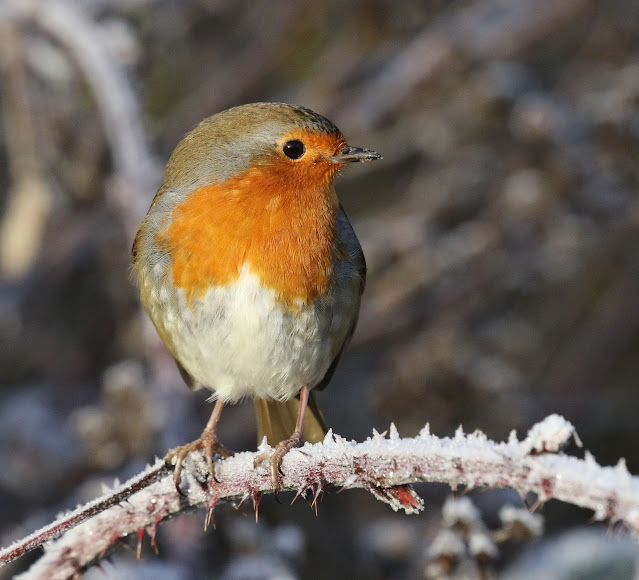

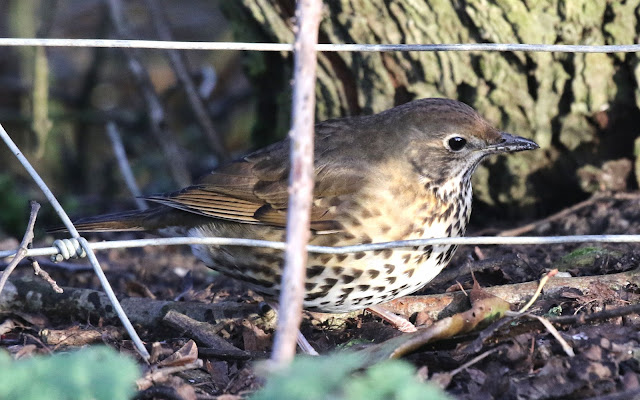




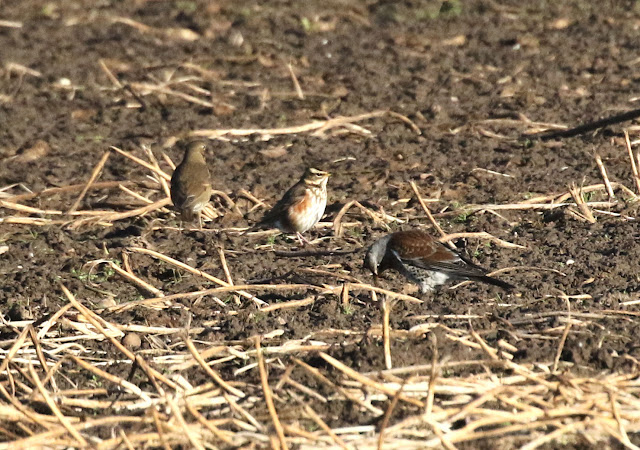










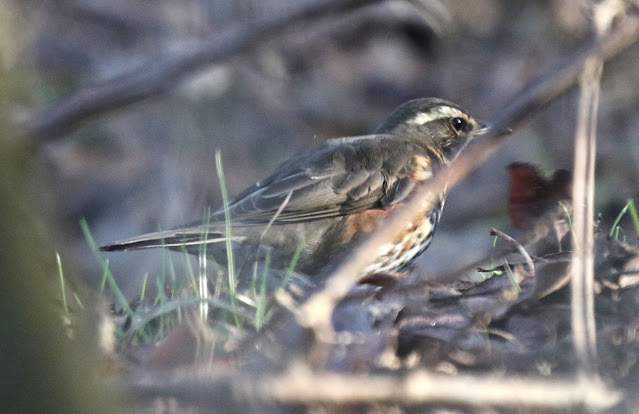














No comments:
Post a Comment